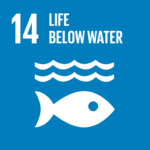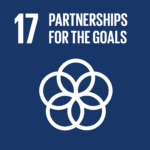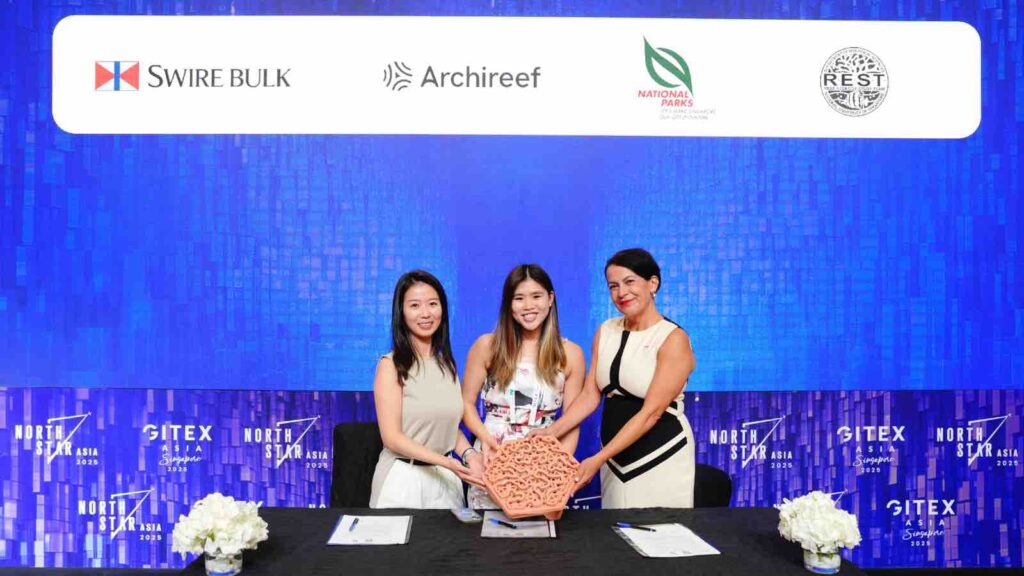RELEVANT SUSTAINABLE GOALS



A Confluence of Innovation and Conservation
Cross-Sector Collaboration for Marine Ecosystem Restoration
“This technology was made possible with support from the Swire Institute of Marine Science (SWIMS), a research facility of the University of Hong Kong. And today, Swire Bulk is leveraging this very technology to spearhead coral restoration efforts in Singapore. In a way, we have come full circle with this meaningful project. We are seeing global efforts to conserve and restore corals, and we are hopeful that through this partnership, we can contribute new findings from our research to the general pool, saving one coral at a time.”
Susana Germino, General Manager, Sustainability and Decarbonisation, Swire Bulk
The Bigger Picture: A New Model for Corporate-Nature Collaboration
Coral reefs are a critical ecosystem that support an estimated one-quarter of marine species. Archireef’s coral restoration efforts in Singapore are valuable in advancing the country closer to its goal of transplanting corals onto its reefs over the next 10 years and beyond through the 100k Corals Initiative led by the National Parks Board of Singapore. This initiative aims to establish new coral communities that will improve the ecological resilience and enhance our marine environment. We look forward to working with more partners on this meaningful cause to conserve Singapore’s natural heritage for future generations.
Dr Samantha Lai, Deputy Director (Coastal and Marine), National Biodiversity Centre, National Parks Board
Lead image courtesy of Archireef




